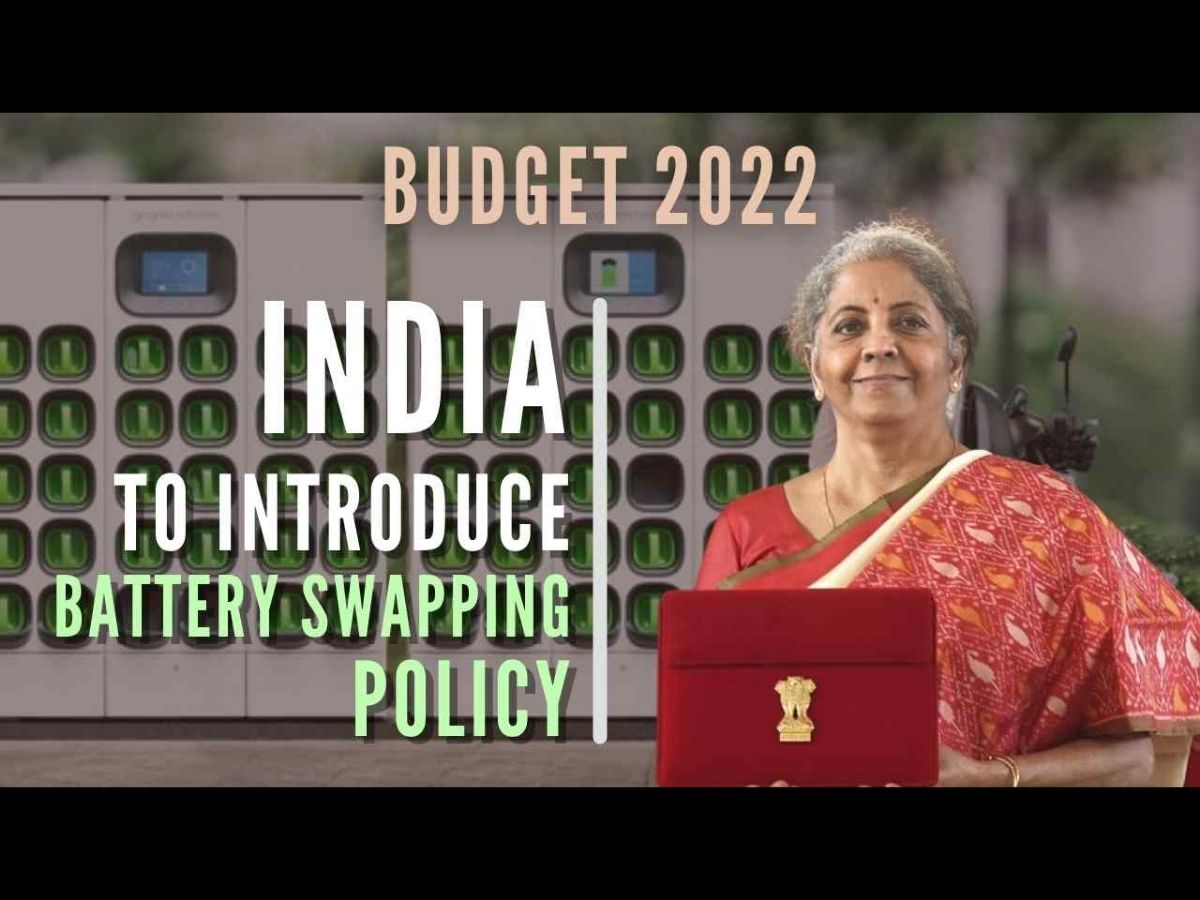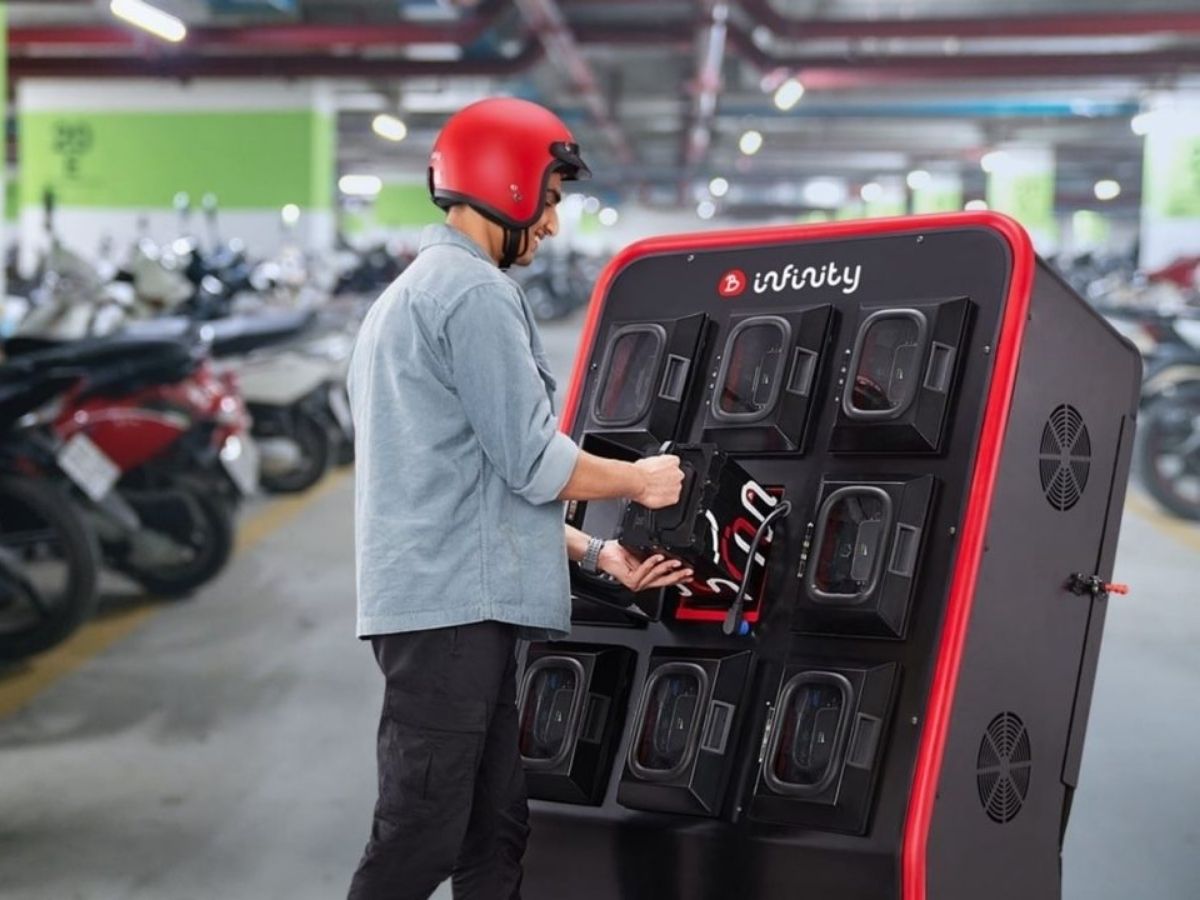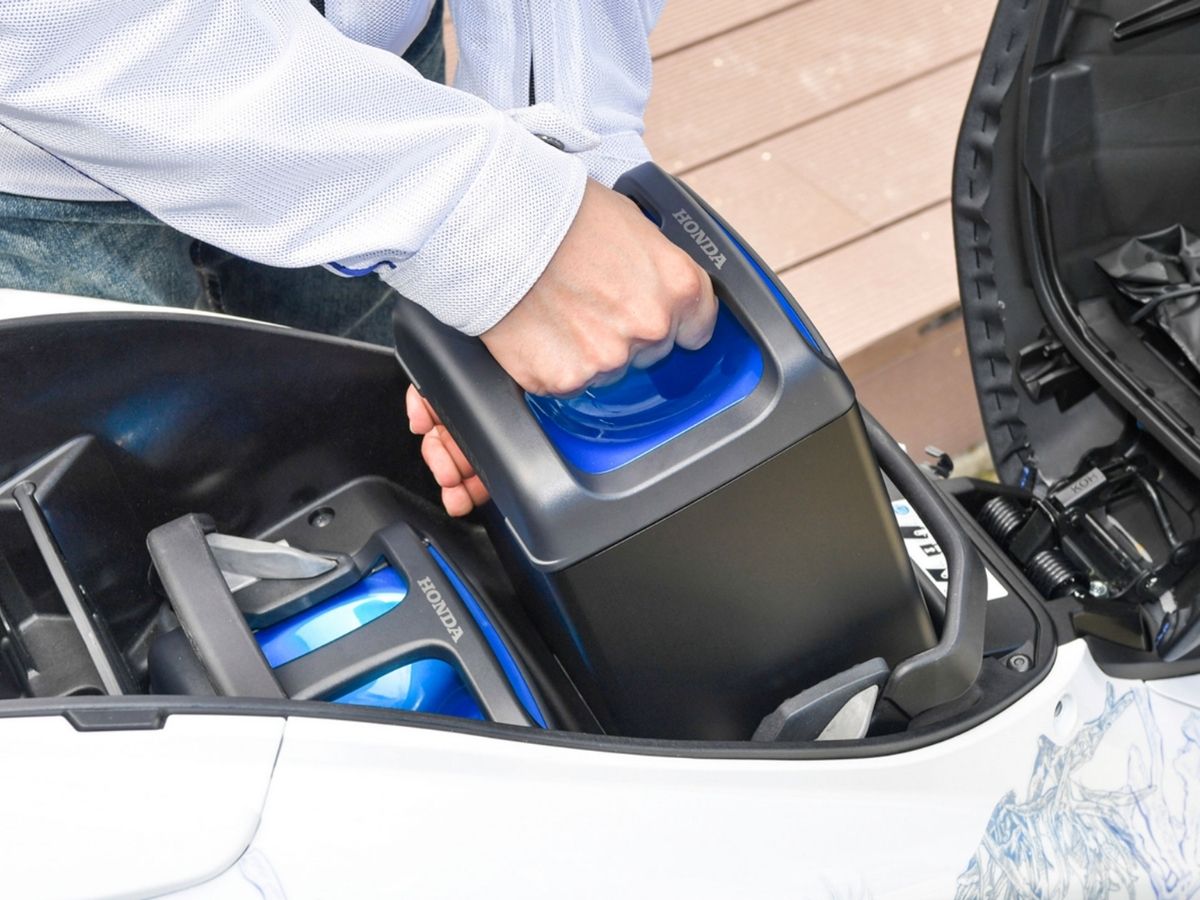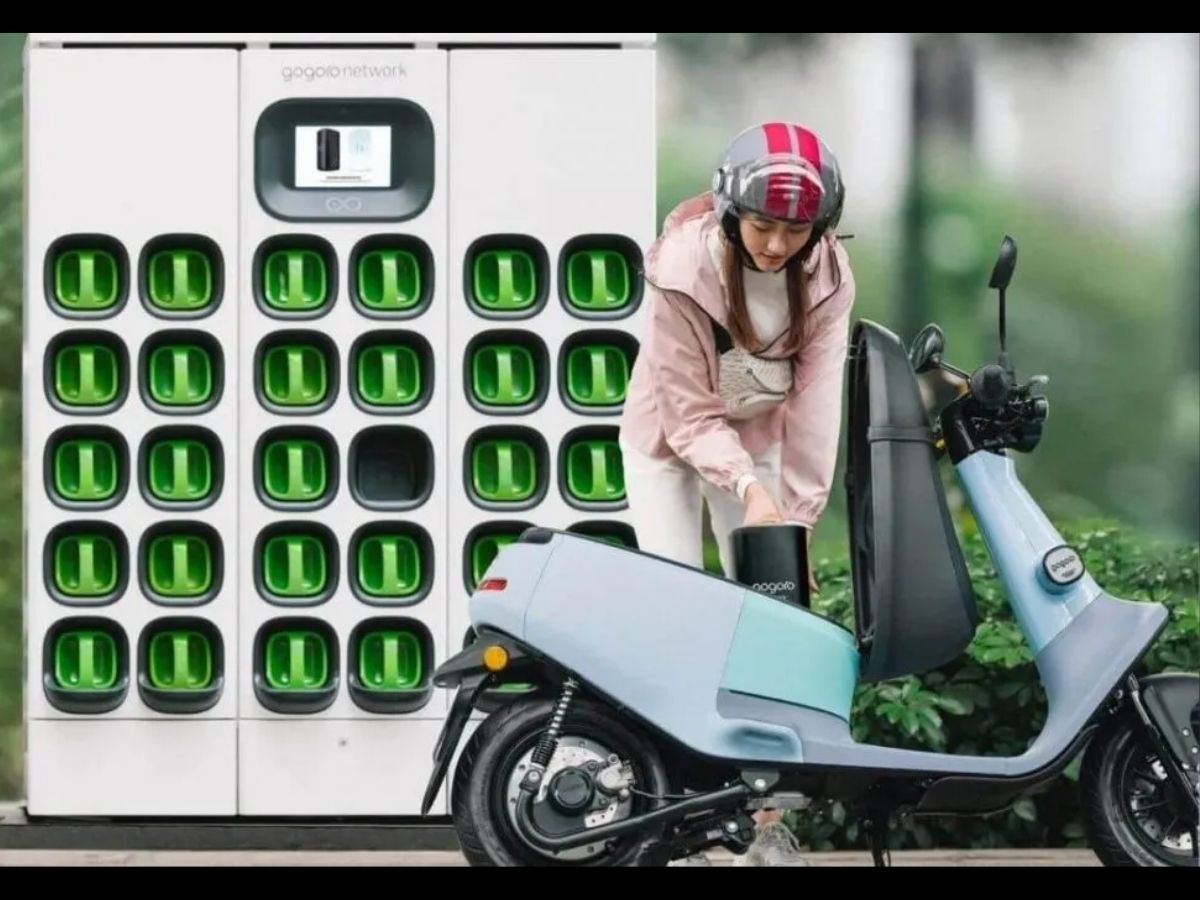EV sales to increase soon! Know how
Rising fuel prices have already pushed buyers towards electric vehicles. The EV segment in India has seen exponential growth in the last year. Experts believe that this segment is expected to grow to a size of $150 billion by 2030 and attain 30 percent market share in the next eight years. Recently, with the unveiling of the latest budget came the battery swapping policy that will surely boost the growth of the EV ecosystem in the country. In this article, we will discuss the battery swapping policy discussed in the Union Budget and how it will make EVs more popular in the coming days.
Battery Swapping Policy

While presenting the Budget 2022, Finance Minister Nirmala Sitharaman said that the battery swapping policy will be brought out because of space constraints for installing charging stations in urban cities. Also, interoperability standards will be formulated. She also stated that the private sector will be encouraged to set up sustainable business models for battery or energy service and this will improve efficiency in the EV ecosystem.
How will the battery swapping policy be useful?

Once the new battery swapping policy is implemented, an EV owner can simply pull out the depleted battery from his vehicle and replace it with a fully charged battery unit. This will save on waiting time while the battery is getting charged.
Current Situation

At present, removable battery technology is present with a few manufacturers like Hero Electric, Revolt, Bounce, Simple Energy, and a few Chinese manufacturers only. Other brands like Bajaj, TVS, Ather, and Ola do not have any removable batteries. Last year, Ather Energy had offered its proprietary fast-charging connector to other electric two-wheeler manufacturers. This would allow EV makers to build products with common standards, bringing uniformity and allowing electric scooters access to a common fast charger network.
Big Brands Big Plans

Big brands like Honda, Yamaha, KTM, and Piaggio have already formed a consortium named ‘The Swappable Batteries Motorcycle Consortium’ (SBMC). The SBMC aims to broaden the use of light electric vehicles, such as scooters, mopeds, and motorcycles while supporting more sustainable management of their batteries. So once these popular brands get their EVs for sale in the market, swapping batteries will be a common feature quickly.
If you have car buying doubts click here to ask! Get the lowest price for car insurance here. For more such content stay subscribed to MotorOctane Youtube, Google News Facebook, and Twitter. Also, follow us on Flipboard and Reddit where we have a discussion community.

Comments